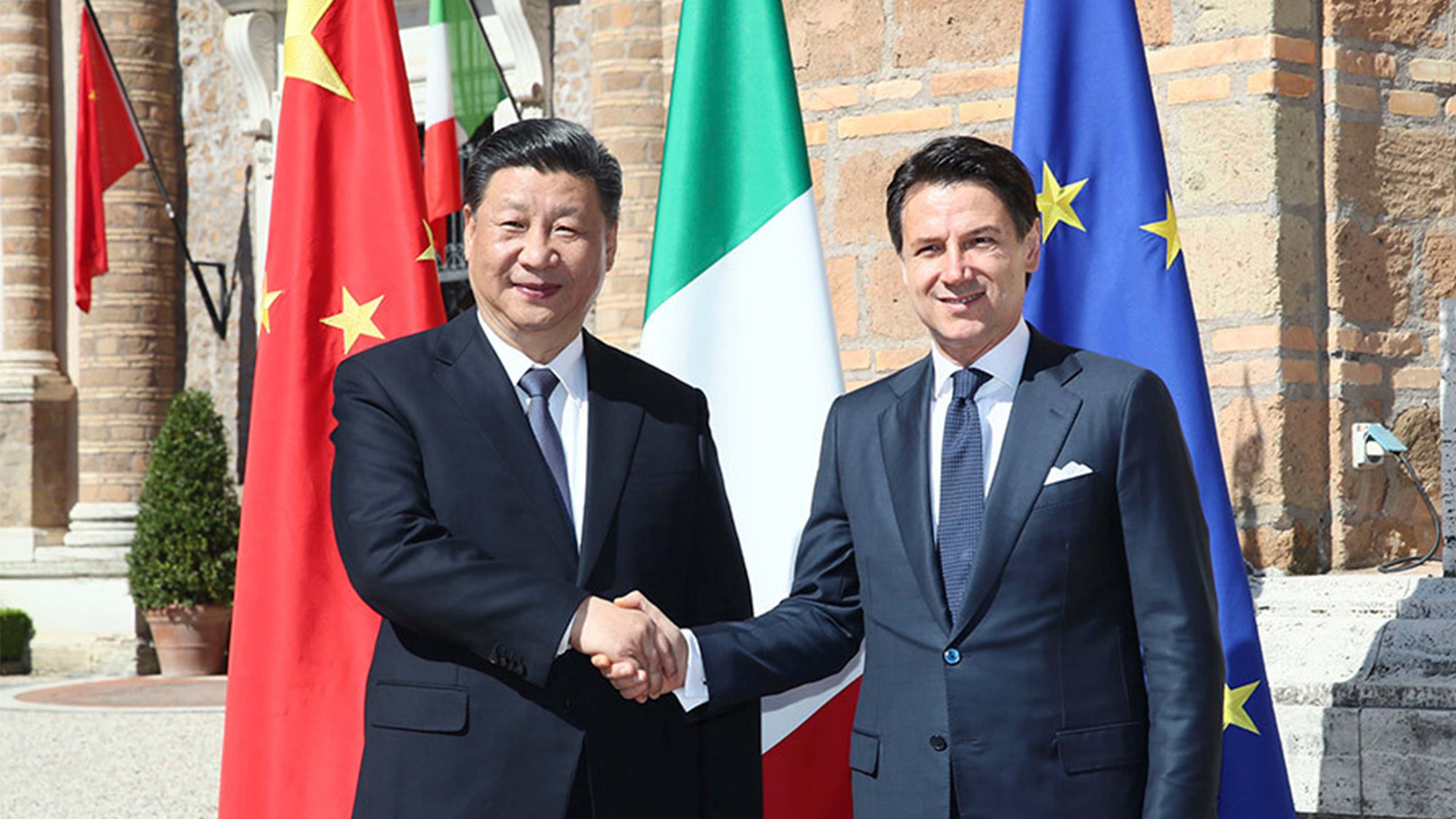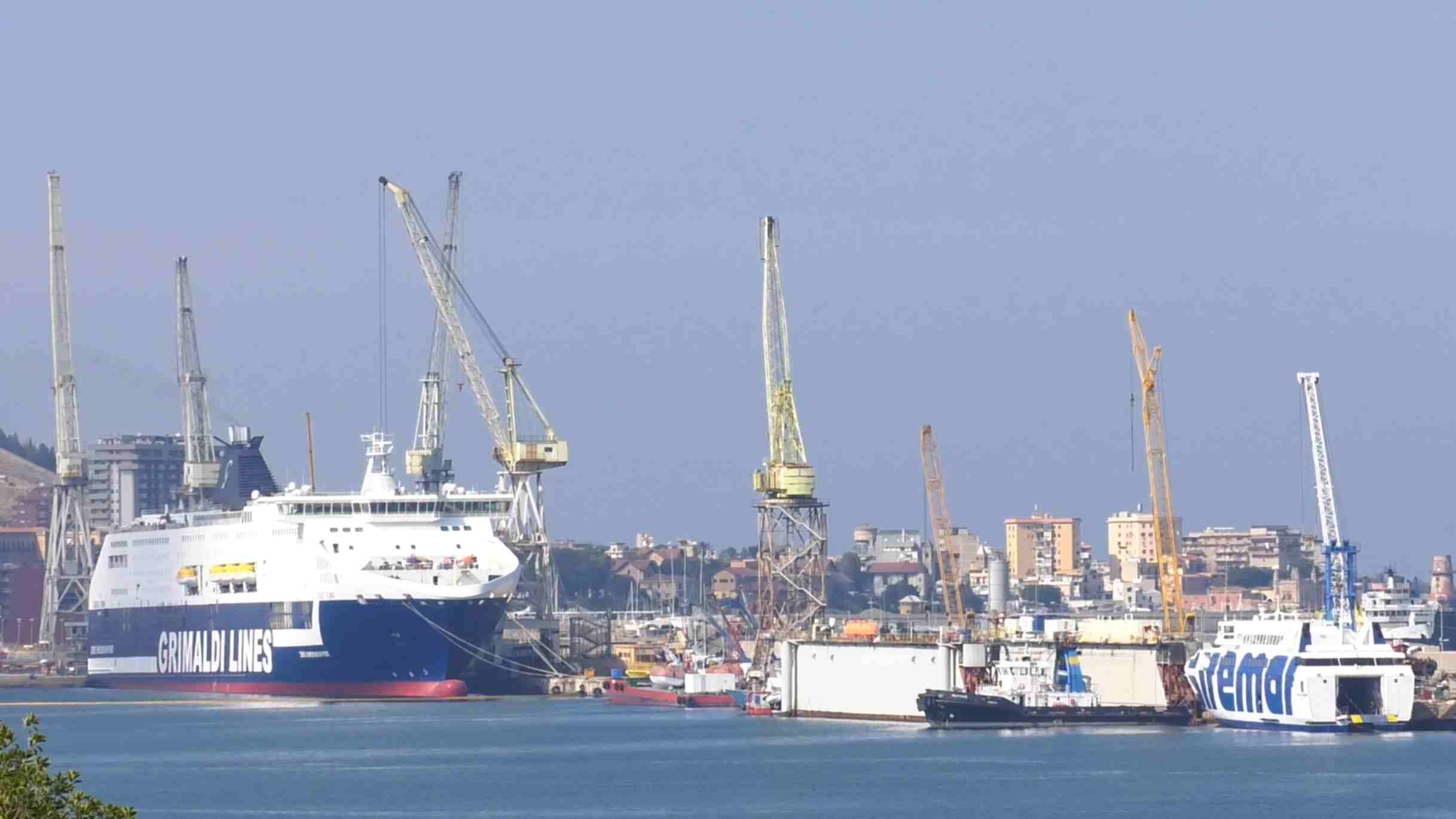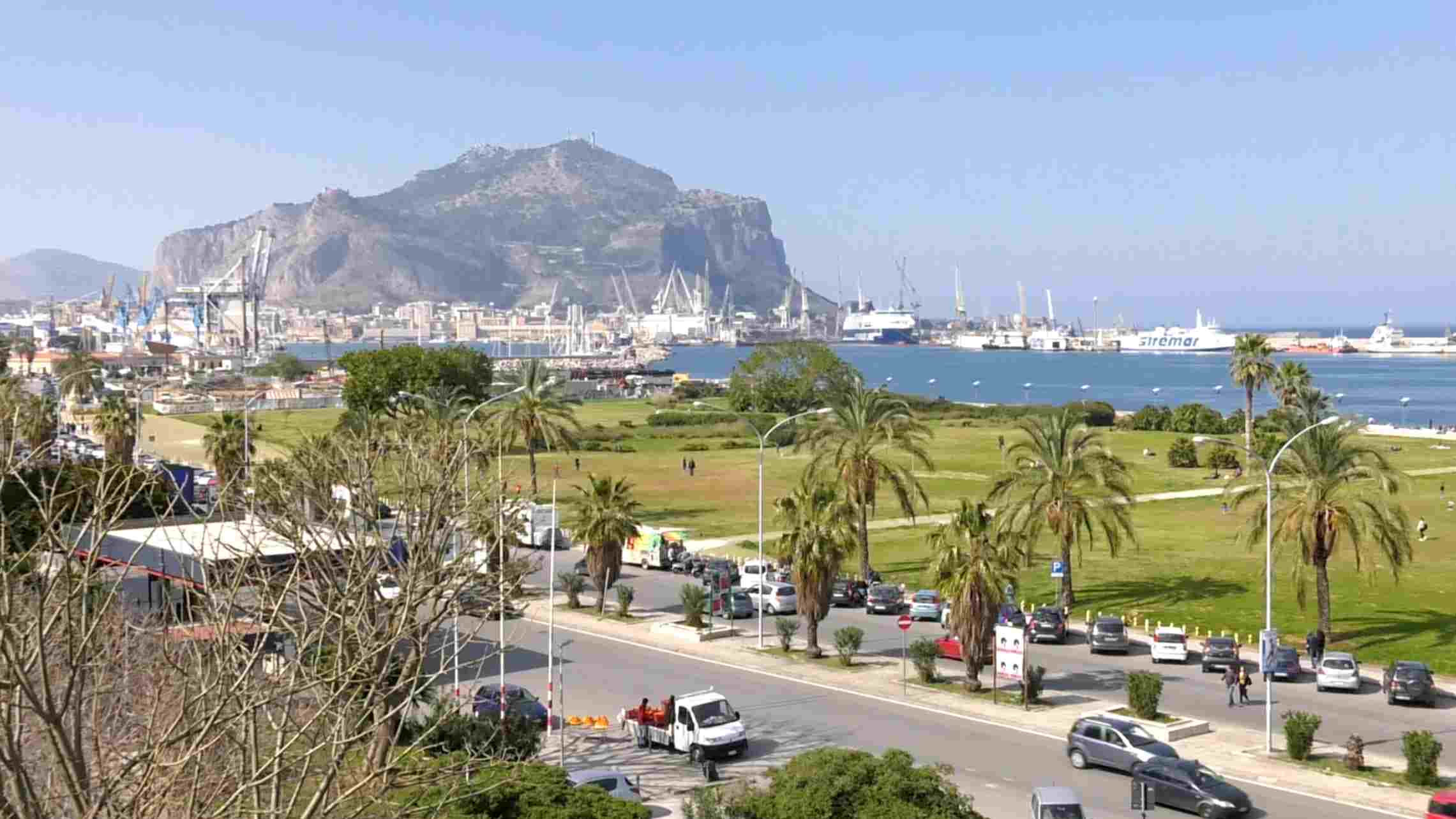
Money Stories
09:53, 24-Mar-2019
Italy endorses China's Belt and Road Initiative
Updated
15:17, 24-Mar-2019
Michal Bardavid
02:50

March 23, 2019 marks the official start of a new era for China and Italy as a historic advancement of China’s Belt and Road Initiative (BRI) took place in Rome. Italy became the first Western European nation to sign on to the project.
The Memorandum of Understanding (MoU) between the two countries was signed during Chinese President Xi Jinping's first stop – in a European tour that will also take him to Monaco and France.
The two countries hope to increase cooperation across many fields including infrastructure, medicine and aviation. They have already signed agreements in the fields of energy, steel and gas pipelines. Italy's Deputy Prime Minister Luigi Di Maio emphasized the value of the deals for his country… up to 22.5 billion U.S. dollars. He stated that "when the 'Made in Italy' wins, Italy wins, Italian companies win."
The signing of the MoU on the Silk Road is worth, just in terms of private accords, up to 20 billion euros. The agreements signed in Rome are alone worth 2.5 billion euros, with a potential value of 20 billion euros, without mentioning the institutional agreements." The Italian Industrial Association – Confindustria has been working behind the scenes to prepare Italian companies. A year ago, it established a Belt and Road Initiative Group to educate Italian businesses about Chinese market regulations.

Palermo Port in Sicily, Italy. /CGTN Photo by Miguel Sanchez
Palermo Port in Sicily, Italy. /CGTN Photo by Miguel Sanchez
The vice president of the Internationalization and General Confederation of Italian Industry, Licia Mattioli, stated, "There are a lot of people who are worried about China because they do not know the place, they don't know the rules. And what we hope, being in Europe, is that to establish in Europe among Europe with China a more open and transparent economic field. It would be very important for our company and we'll explain to our companies associated that they can do more with our help."
Mattioli explains that many Italian entrepreneurs have become aware of the potential in the Chinese market and have already established companies in China. Many Italian business leaders such as Vincenzo Petrone, the CEO of the Italy-China Foundation, hold that when it comes to globalization, China is the future.
Petrone said, "Thirty years from now, not one century from now, China will be the biggest economy in the world, it is what it is, and it is inevitable that the flow of goods, and services, and finance and cultural exchanges will increase dramatically."

Palermo, capital city of Sicily, Italy. /CGTN Photo by Miguel Sanchez
Palermo, capital city of Sicily, Italy. /CGTN Photo by Miguel Sanchez
Petrone also said, "Any European company, any Italian that has a major development plan to become a larger company, needs to take into account that China is going to be a major partner, as a market, as an industrial partner, as a technology partner."
On Saturday afternoon, Chinese President Xi traveled to Sicily's capital city Palermo. Italian ports are expected to be a part of future agreements between China and Italy and create a great economic potential for both countries. While China aims to benefit from a gateway into European markets, Italy could use a boost in exports.
In Palermo, officials hope to attract investments to build a new port with a much larger capacity that would transform it into the Mediterranean hub. Officials from both countries have also vowed to promote multilateralism and safeguard an inclusive world economy while also increasing their cooperation within international organizations such as the WTO, the UN and G20.

SITEMAP
Copyright © 2018 CGTN. Beijing ICP prepared NO.16065310-3
Copyright © 2018 CGTN. Beijing ICP prepared NO.16065310-3